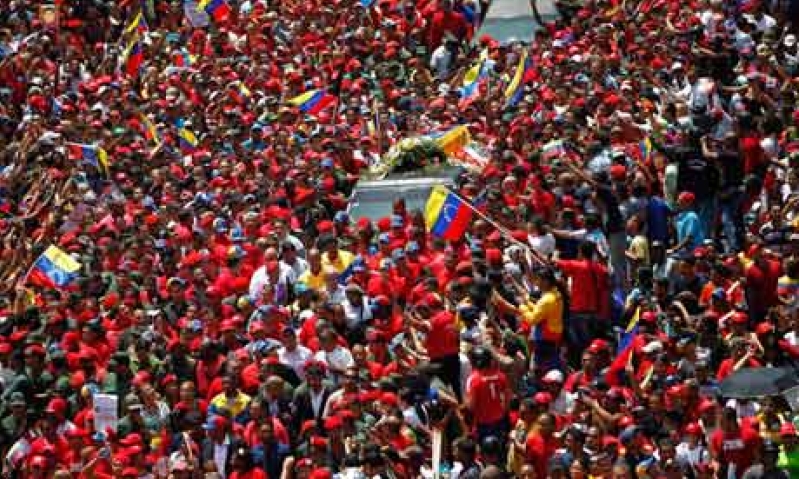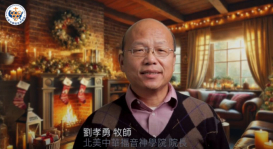
Venezuelan President Hugo Chavez died yesterday from cancer. Grievers formed an approximately eight-mile-long procession ending at a military academy, where the late president's casket was open for the nation to see until the funeral Friday.
Seven days of mourning have been declared, and all school was suspended for the week. The oil-rich country has been economically challenged and violence-afflicted.
Prior to Chavez’s death, the late president has anointed Vice President Nicolas Maduro to succeed him as interim president. Maduro will be the governing socialists’ candidate in an election to be called within 30 days.
Venezuelan Vice President Nicolas Maduro accused that somehow the United States government was involved in Chavez’s illness, which lead to the death of the late president.
Prior to going Cuba to receive his fourth cancer treatment, Chavez handpicked Maduro as the succeeding interim leader until election is called 30 days after the funeral.
Just a few hours before announcing Chavez’s death, Maduro “virulently accused enemies domestic and foreign – clearly including the United States – of trying to undermine Venezuelan democracy, CBS News reports.
Maduro reported the expulsion of one of the two U.S. attaches, and also said that “we have no doubt” that Chavez’s cancer, first diagnosed in June 2011, was induced by “the historical enemies of our homeland.”
Chavez has long claimed the United States was behind a failed 2002 attempt to overthrow him. He has frequently played the anti-American card to stir up support.
U.S. State Department spokesman Patrick Ventrell rejected the assertion that the U.S. was trying to destabilize Venezuela. He also added that the assertion that Washington somehow had a hand in Chavez’s illness was “absurd.”
Despite his belligerent accusation, Maduro shifted his tone when addressing the death of Chavez. “Let there be no weakness, no violence. Let there be no hate. In our hearts there should only be one sentiment: Love. Love, peace and discipline.”
Henrique Capriles, who lost to Chavez in October presidential election and is widely expected to be the opposition’s candidate to oppose Maduro, was conciliatory in a televised address. As the youthful governor of Mirandat state, he has been feuding with Maduro and other Chavez loyalists who accused him of conspiring with far right U.S. forces to undermine the revolution, according to CBS News.
Despite the bitter divisions between the government and opposition in Venezuela, Capriles stressed the need for stability.
"This is not the time to stress what separates us," Capriles said in a condolence message, calling for unity and respect for the grief that many felt.
"There are thousands, maybe millions, of Venezuelans asking themselves what will happen, who even feel fear … Don't be scared. Don't be anxious. Between us all, we're going to guarantee the peace this beloved country deserves."
Venezuela’s constitution specifies that the speaker of the National Assembly, currently Diosdado Cabello, should assume the interim presidency if a president can’t be sworn in. Yet, human rights and free speech activists are concerned that officials left in charge by Chavez last December will flaunt the rule of law.
Many described Chavez as a father’s figure, an icon in the mold of the early 19th century liberator Simon Bolivar. Others see the death of the one-man show as an opportunity to turn back the clock for Chavez's socialist policies.
The biggest concern that Venezuelans have is seeing the end of violent crime that afflicts all strata of society. The nation has the world’s second-highest murder rate after Honduras: 56 people for every 100,000 according to government figures, which nongovernmental groups say are understated.




![[Exclusive Interview] A revelation within the brink of life and death — Meg Leung’s mission in Christian art](https://www.gospelherald.com/media/cache/thumbnail/7/21/72163sp_273w_150h_1x_1y.jpg)


